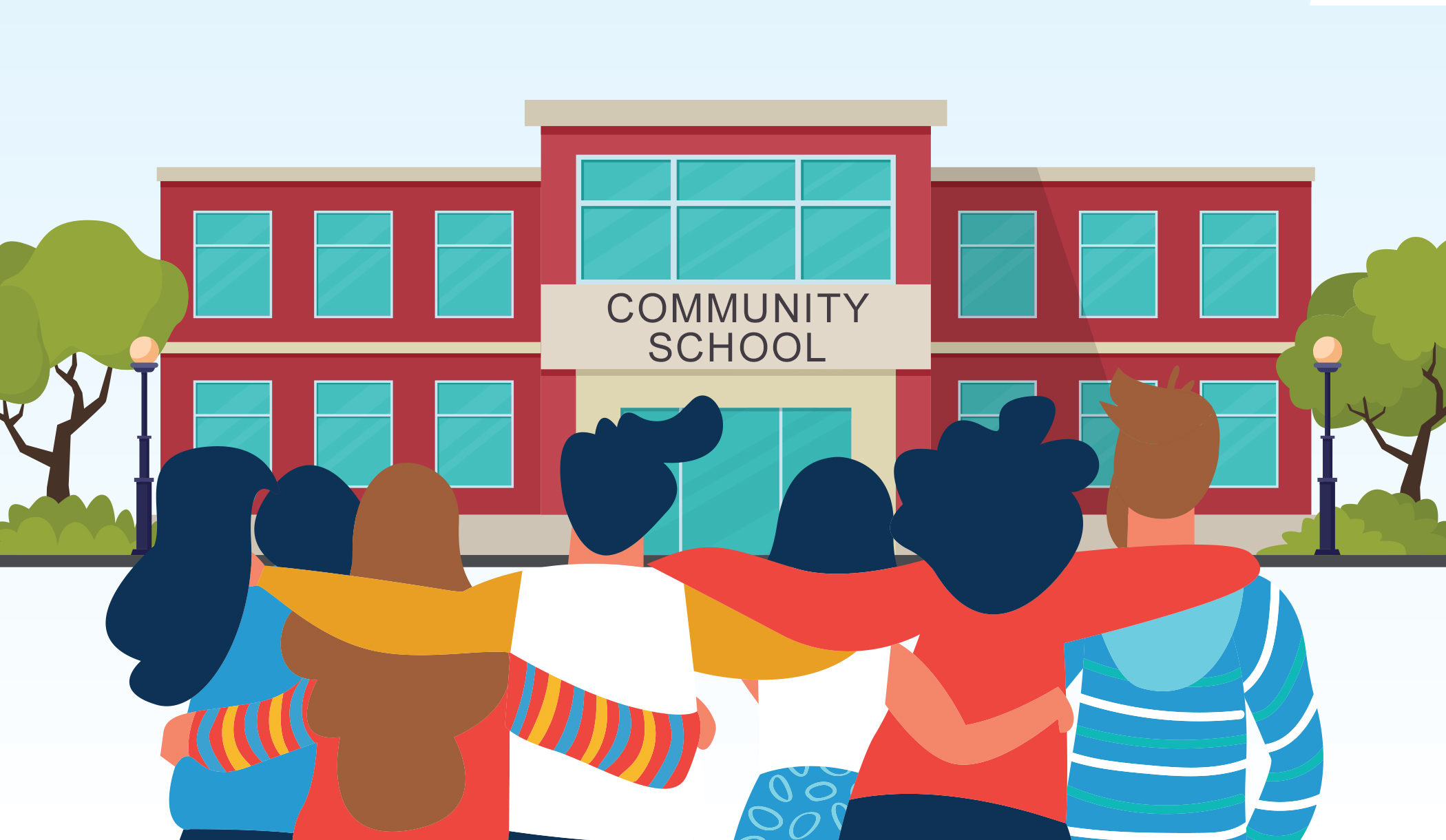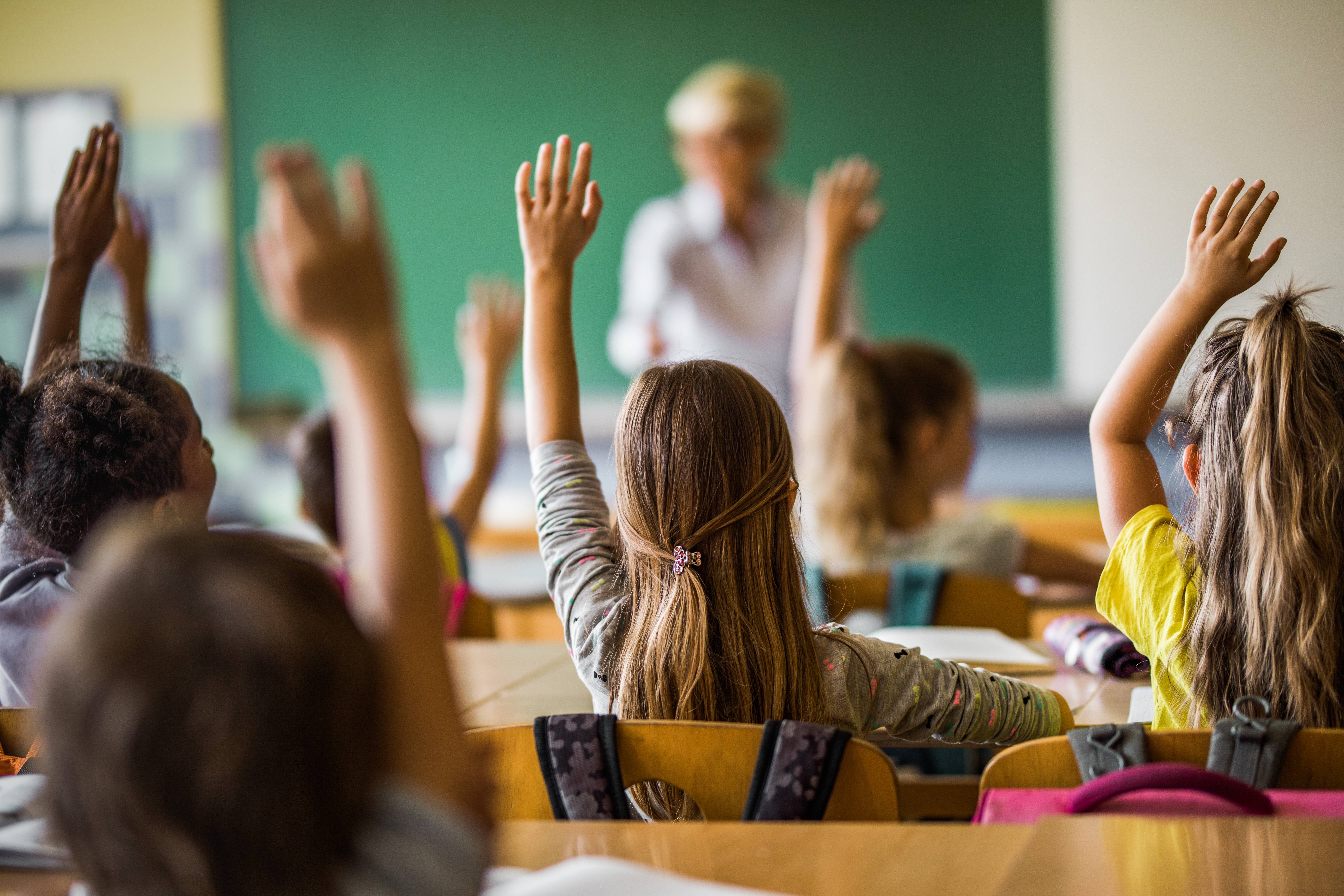The Role of Parents and Educators in the Initiative to Save Temecula Schools
The Role of Parents and Educators in the Initiative to Save Temecula Schools
Blog Article
Understanding the Significance of Schools in Kid Development and Neighborhood Development
Schools serve as critical establishments for youngster advancement and community growth, providing atmospheres where scholastic achievements are matched by the cultivation of social abilities and exposure to diverse point of views. These educational settings not just advertise important thinking and efficient interaction however also foster empathy with joint jobs. Furthermore, institutions' involvement with local communities through service-learning efforts reinforces the bond in between family members and universities. This symbiotic partnership highlights the value of colleges in nurturing energetic citizenship and lifelong discovering routines. What are the details systems by which these establishments attain such extensive effects?
Academic Achievement
Academic success acts as a cornerstone of child advancement, providing the structure whereupon future understanding and success are built. Colleges play an essential function in cultivating this academic development, using structured settings where kids can acquire essential expertise and cognitive skills. Standard curricula make certain that trainees gain proficiency in core topics such as mathematics, scientific research, and language arts, which are crucial for both college and specialist opportunities.
In enhancement to passing on basic academic abilities, colleges likewise grow vital reasoning, problem-solving capacities, and intellectual curiosity. These cognitive expertises are important for browsing intricate real-world circumstances and adjusting to the ever-evolving demands of the modern-day workplace. Teachers, as facilitators of understanding, employ varied instructional techniques to provide to diverse knowing designs, thereby maximizing individual student potential.
Furthermore, scholastic success is carefully linked to self-confidence and inspiration. Youngsters who experience academic achievements are more probable to create a favorable self-concept and a long-lasting interest for understanding. Institutions additionally supply numerous resources, such as collections and technology, which even more improve the instructional experience and prepare trainees for a technically sophisticated culture.
Social Ability Growth
Beyond scholastic success, the duty of institutions in social skill growth is indispensable. Schools function as a primary place for children to learn and exercise necessary social skills such as collaboration, problem, and interaction resolution. In the organized atmosphere of a classroom, students communicate with peers, educators, and other institution staff, offering various opportunities to develop these critical abilities.
Effective social ability advancement in schools is helped with through team activities, joint projects, and extracurricular programs. These communications assist trainees recognize social norms, build empathy, and foster a feeling of neighborhood. Team tasks instruct pupils how to work together in the direction of a typical objective, pay attention to different point of views, and navigate arguments constructively.

The growing of social abilities during institution years lays a structure for future individual and specialist relationships. Save Temecula Schools. As pupils mature, the capability to successfully communicate and collaborate becomes progressively important, emphasizing the school's vital function in holistic child advancement
Direct Exposure to Variety
Direct exposure to variety in institutions is fundamental to cultivating a comprehensive frame of mind and expanding trainees' viewpoints. Schools offer as a microcosm of the broader culture, and running into diverse cultures, languages, and socioeconomic backgrounds within this environment equips trainees with necessary abilities for navigating an increasingly globalized globe. This direct exposure motivates empathy, decreases bias, and advertises shared respect amongst peers.
Diverse classrooms also boost cognitive and social growth. Research study suggests that students who connect with peers from different backgrounds exhibit far better analytical abilities and creativity. They learn to appreciate different viewpoints, which improves classroom discussions and promotes a more vibrant image source discovering experience. This understanding of variety prepares pupils for future work environments that value modern skills.

Community Interaction
The benefits of varied classrooms extend beyond the institution walls, promoting a strong feeling of area involvement amongst students. By connecting with peers from numerous social, socioeconomic, and ethnic histories, pupils acquire a wider point of view and an admiration for variety. This direct exposure motivates them to end up being active residents who are prepared to contribute positively to their areas.
Colleges that stress area interaction commonly include service-learning jobs, which enable students to address real-world troubles while using scholastic skills. These projects not just improve trainees' understanding of their coursework but also infuse a feeling of responsibility and compassion. In addition, collaborations between schools and local companies supply trainees with opportunities to join neighborhood events, further strengthening their duty as positive community participants.
In addition, adult and neighborhood involvement in institutions strengthens the bond between universities and the areas they serve. They create a joint environment that profits all stakeholders when institutions open their doors to community events, workshops, and volunteer possibilities. This mutual assistance system makes sure that pupils receive all natural growth, preparing them to come to be all-round people who value and contribute to their neighborhoods. Via these efforts, institutions play an essential function in supporting area interaction and promoting societal development.
Lifelong Learning Routines
Establishing lifelong knowing practices is crucial for a child's continuous growth and flexibility in an ever-changing globe. Colleges play a crucial duty in instilling these practices by producing an atmosphere that promotes interest, vital reasoning, and a love for expertise. Via varied educational programs and extracurricular tasks, educators encourage students to discover numerous topics, examine info critically, and apply their learning to real-world situations.

Additionally, colleges offer a structured environment where top article kids can create self-discipline and time management skills, both of which are important for continual learning. By find more info highlighting the value of establishing goals, reviewing progress, and adapting techniques, universities prepare pupils to navigate the intricacies of grown-up life, guaranteeing they continue to be lifelong students and contributors to culture.
Verdict
In verdict, institutions are important in fostering youngster growth and area development by offering settings favorable to academic success, social ability advancement, and exposure to variety. Eventually, schools grow long-lasting understanding routines, gearing up people with the required knowledge and skills to add positively to culture.
In the organized atmosphere of a class, students engage with peers, educators, and various other college staff, using numerous chances to create these crucial capacities.
In essence, direct exposure to variety within schools not just improves individual students yet also enhances the social textile of the area as a whole.
The benefits of diverse class prolong past the college wall surfaces, fostering a strong sense of community involvement amongst students.Institutions that highlight area involvement frequently integrate service-learning tasks, which permit pupils to address real-world problems while applying scholastic abilities. Collaborations in between colleges and local organizations supply students with opportunities to participate in community events, additionally strengthening their function as positive area participants.
Report this page